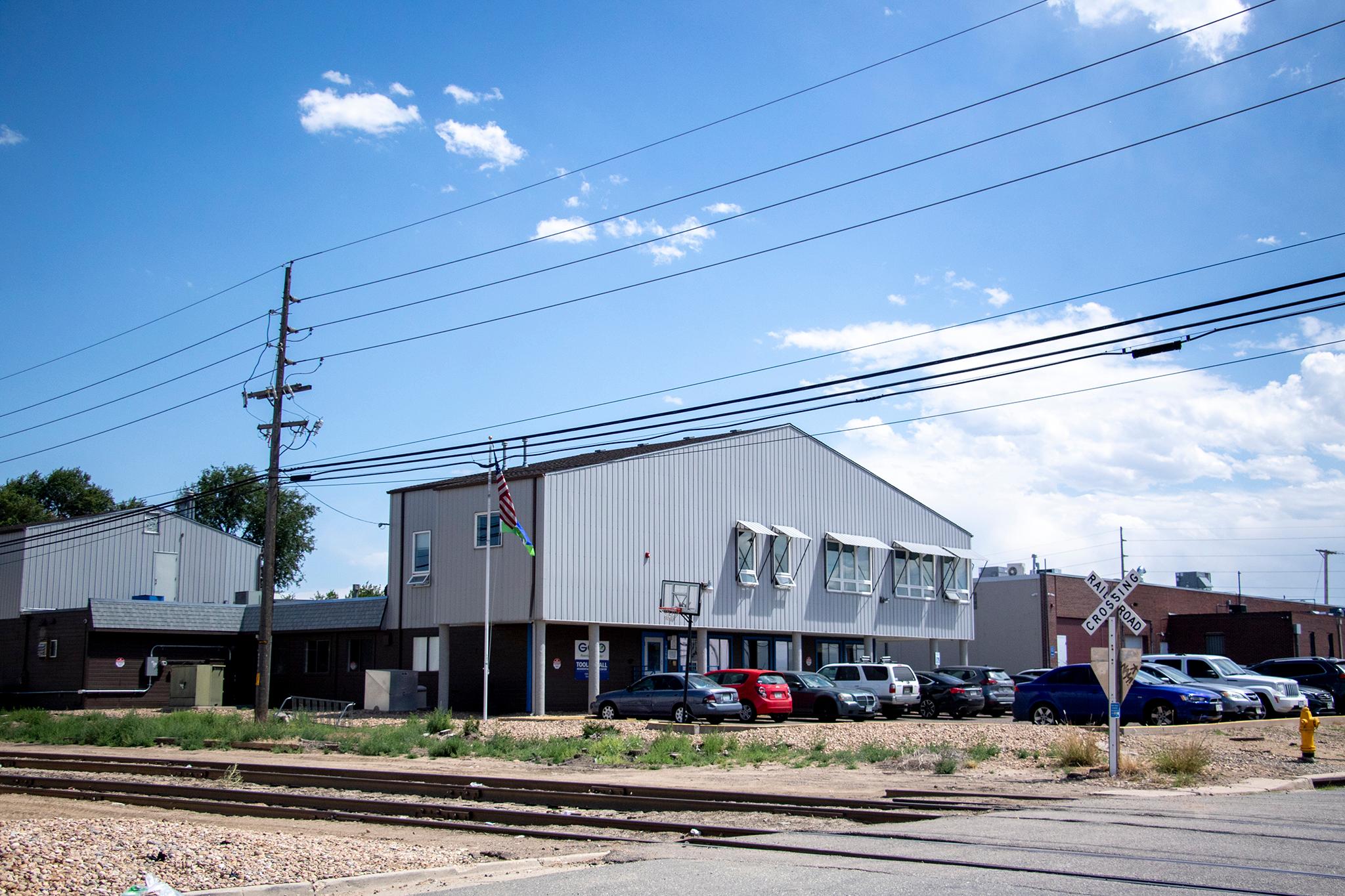The former Tooley Hall halfway house could reopen and serve women exclusively as early as February, under what Community Corrections Director Greg Mauro said would be rebranded as Project Elevate.
Community Corrections wants $769,055 from the 2022 proposed city budget to pay for its operating costs. The city money would be paired with $882,055 from the state to run the facility, which has been dormant since the city bought the property in 2019.
At the time, Denver City Council wasn't unanimous in its decision to buy the property at 4280 Kearney St. in Northeast Park Hill. City lawmakers signaled a shift in how halfway homes would be paid for after denying new contracts in August 2019 to CoreCivic and GEO Group, which used to run Tooley Hall. The corporations faced criticism for inmate treatment and their political contributions.
The plan now is to partner with a local agency called Empowerment Program, which offers support services like counseling for women, to run the halfway house at the Tooley Hall site. Both city staff and staff from the agency will work there. It's not a done deal, however; Mauro said the proposed contract with this agency will be presented to city lawmakers for consideration next month.
Two calls to the Empowerment Program were not immediately returned on Friday.
"It's been a huge priority for us as we sort of move away from this model and have a desire to work with service providers that are maybe nonprofits," Mauro told Denverite this week. "We wanted to restore that loss of women's placements immediately."
Mauro briefly presented his plan to city lawmakers on Tuesday during the council's budget hearing for the public safety department. The new facility will house up to 55 women. The site previously housed men.
The council's decision not to renew contracts in 2019 led to the closure of Williams Street, which provided a space for women.
"I'm really excited about Tooley Hall, but I'm also curious where have those women been for two years," Councilmember Kendra Black said during Tuesday's meeting.
The facility will include trauma-informed design, which Mauro said means creating comfortable spaces that are conscious of things like lighting or color schemes to avoid triggering someone's past trauamtic experience. The building's interior will be upgraded and completed in time to relaunch the program in February.
Women who stay at the halfway house won't need to pay a daily fee to stay there, which Mauro said is often mentioned as a barrier for people in re-entry programs. Those fees can be up to $17 a day, so he estimated waiving that fee could help people staying there save about $4,000 to $5,000 a year.
The city currently provides contracts for six halfway houses in the city, according to Mauro.












